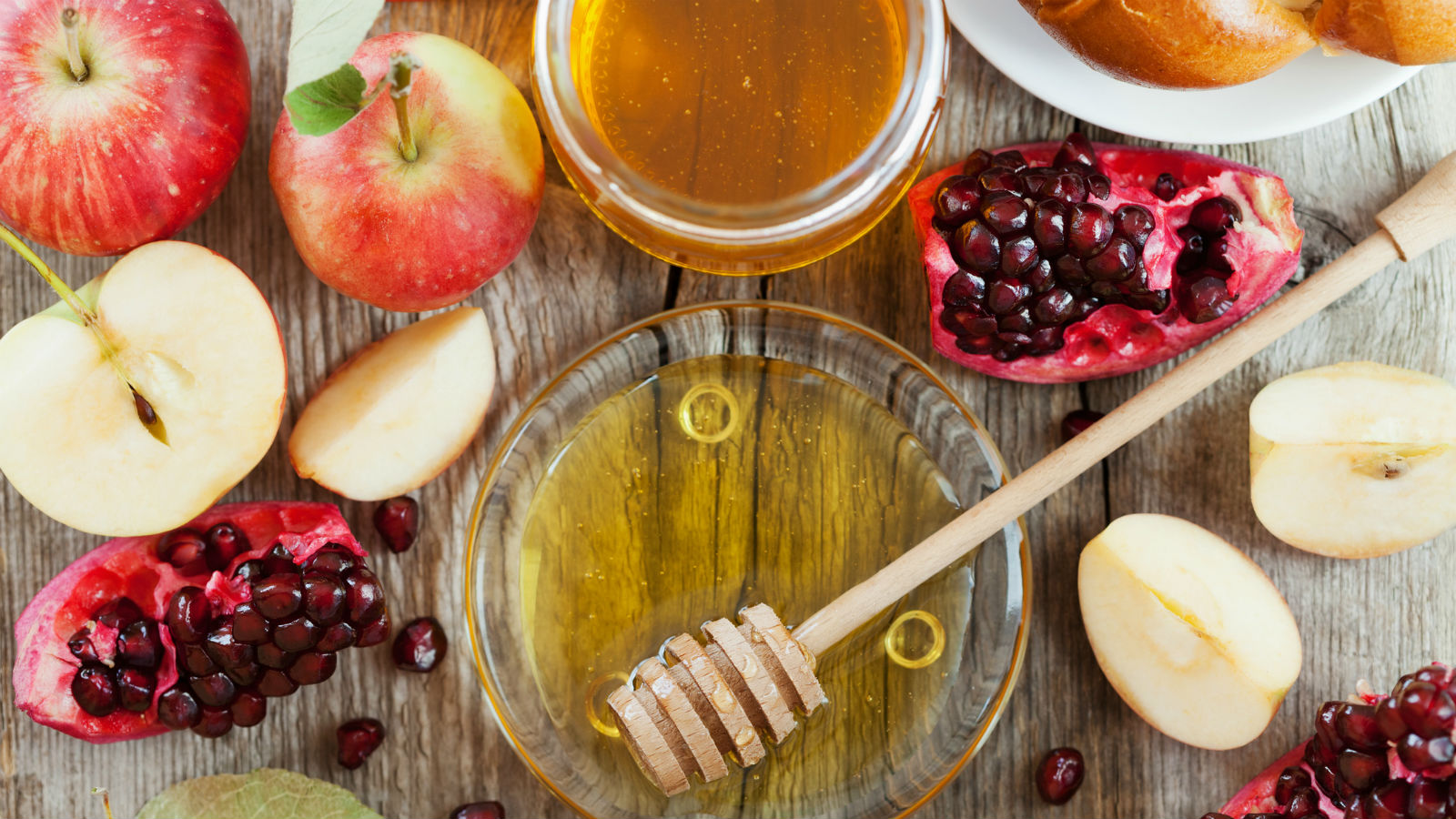Rosh Hashanah, literally the “head of the year” is the Jewish New Year. It is a time of inner renewal and divine atonement.
In 2023, Rosh Hashanah begins at sundown on Friday, Sept. 15 and ends at sundown on Sunday, Sept. 17.
In 2024, Rosh Hashanah begins at sundown on Wednesday, Oct. 2 and ends at sundown on Friday, Oct. 4.
In 2025, Rosh Hashanah begins at sundown on Monday, Sept. 22 and ends at sundown on Wednesday, Sept. 24.

Help us keep Jewish knowledge accessible to millions of people around the world.
Your donation to My Jewish Learning fuels endless journeys of Jewish discovery. With your help, My Jewish Learning can continue to provide nonstop opportunities for learning, connection and growth.
In 2026, Rosh Hashanah begins at sundown on Friday, Sept. 11 and ends at sundown on Sunday, Sept. 13.
In 2027, Rosh Hashanah begins at sundown on Friday, Oct. 1 and ends at sundown on Sunday, Oct. 3.
What foods do we eat on Rosh Hashanah?
It is customary to have big feasts on both nights of Rosh Hashanah and there are thus a plethora of customary dishes, including: honey cake, brisket, tzimmes and more Rosh Hashanah recipes.
What are some Rosh Hashanah practices?
One of the common practices of Rosh Hashanah is attending the High Holy Day services, where the shofar can be heard.
Many people go to a Tashlich service where they throw bread crumbs into a naturally running body of water as a means of casting away their sins. On the second night of Rosh Hashanah it is customary to eat a new fruit, a symbol of newness.
When does Rosh Hashanah start?
Rosh Hashanah is celebrated on the first day of the Hebrew month of Tishrei, which typically falls out in early to mid-September. Since the Jewish day begins at night, the holiday commences on the evening before the Gregorian date that corresponds to Tishrei 1. Click here to find out exactly what time Rosh Hashanah begins.



